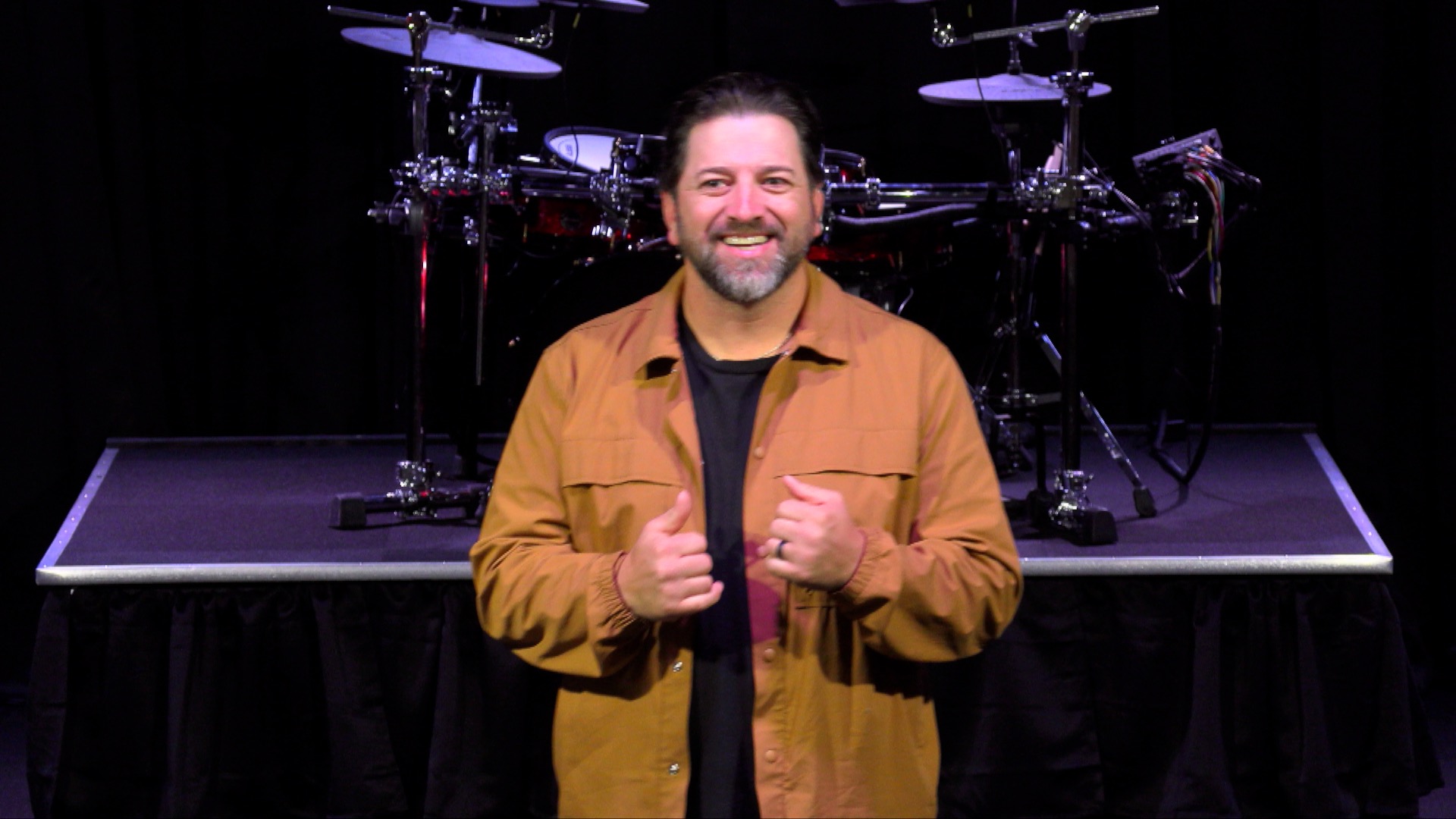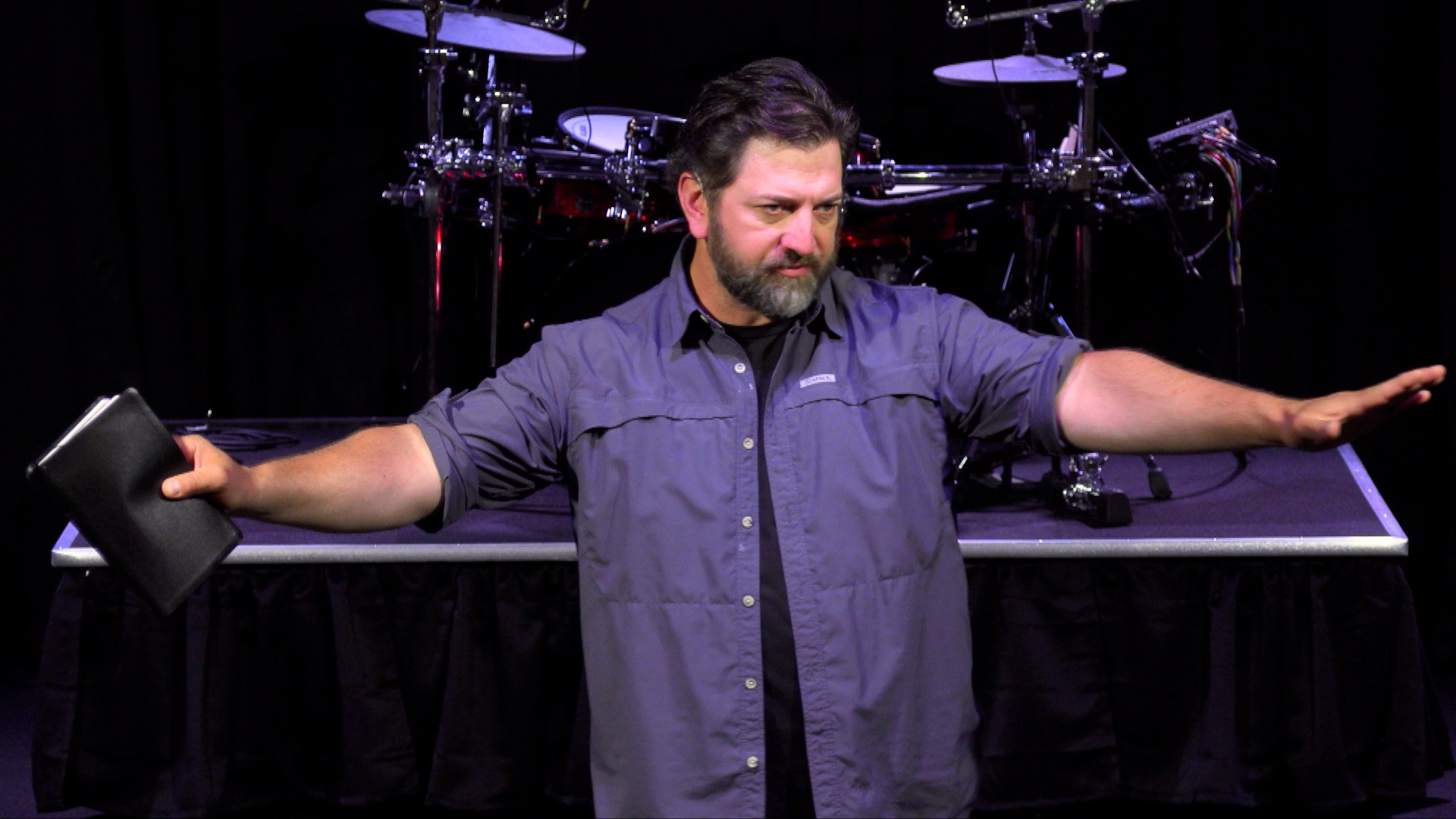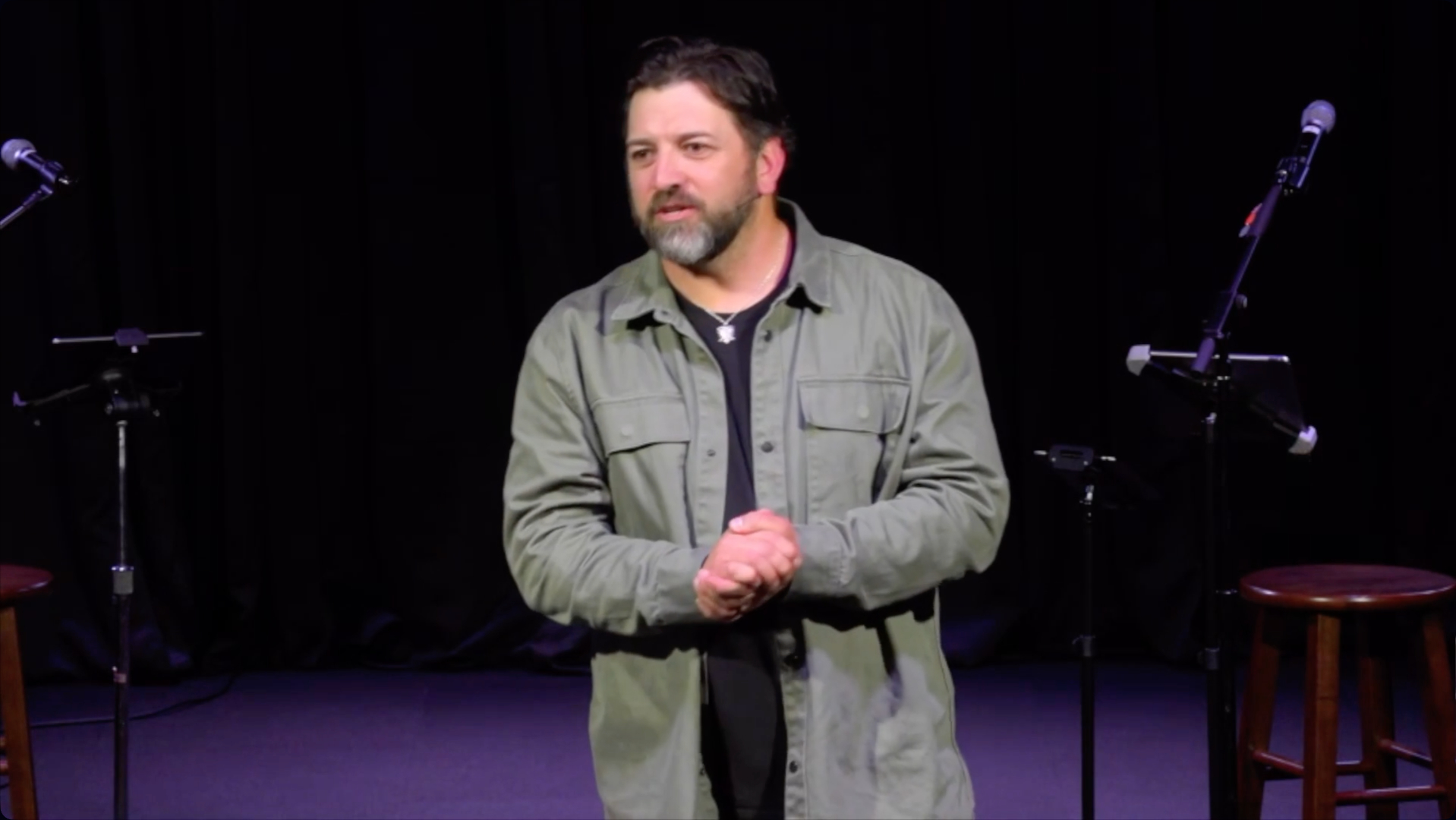Grace Orwigsburg
Sundays @ 9:00 and 10:30am
Grace Tremont
Sundays @ 9:00am
Grace Online
Sundays @ 9:00 and 10:30am
Experience the Hope of GOOD FRIDAY AND EASTER at Grace Free Church
talks in 'Prodigals' (8)
We tend to forget the best part of a story—the ending. And while how a story starts matters, how it ends matters more. The middle doesn’t define the finish. In Jesus’ parable, the story ends abruptly—left open on purpose. Why? Because we’re the ones who finish it. The questions it leaves us with are powerful: Which brother are you? What’s keeping you from the celebration? Can you embrace grace—for others and yourself? How will your story end? And what kind of church are we becoming?
- July 06, 2025
- Joshua Ott
- Prodigals
- Luke 15:1–32; Isaiah 1:4; Romans 10:9–10; Ephesians 2:19; John 11:25; Romans 6:23
The older brother is a character that’s often missed or overlooked—but he’s actually the key to the story. Jesus uses him to show that you can be in the house, close to the Father, and still be lost. Proximity doesn’t equal intimacy. You can look the part, but religion without relationship is still rebellion. Don’t miss out on the joy and grace God wants to give because your heart isn’t aligned with His.
- June 29, 2025
- Joshua Ott
- Prodigals
- Luke 15:25–32; Matthew 15:8–9; Isaiah 29:13; James 1:17
Sometimes one word can mean two opposite things—like “buckle” (to fasten or to collapse) or “clip” (to cut or to connect). The word “prodigal” is the same. It can mean recklessly wasteful or extravagantly generous. In Luke 15, we see both: a son who wasted everything and a father who gave everything. As Tim Keller points out, this story is really about the father—our God—who is radically generous with grace and love. So the question is: which kind of life are you choosing? One that chases empty things or one defined by a Father who calls you His own?
- June 22, 2025
- Joshua Ott
- Prodigals
- Luke 15:20–24; Romans 5:8; Hebrews 12:2; Romans 10:11; Isaiah 1:18; Psalm 103:12; Romans 10:9–10
The lost son hit rock bottom—and finally woke up. In a moment of painful clarity, he saw his condition for what it was and realized, “I don’t belong here.” That self-awareness was the first step home. While some of us learn the hard way, we don’t have to. If we truly saw the kindness of the Father and the difference between the emptiness of everything else and the fullness He offers, we might turn back sooner. The son got honest, confessed where he’d gone wrong, and even though he didn’t fully grasp the Father’s love—he got up and went.
- June 15, 2025
- Joshua Ott
- Prodigals
- Luke 15:16–20a; Romans 2:4; Romans 5:8; Jeremiah 2:13; Psalm 51:1–4; John 10:10
We often say, "It's not how you start, it's how you finish"—but sometimes a rough start sets the tone for the whole journey. This story didn't begin well, and the real beginning wasn't the moment the son left home—it started much earlier, in the quiet places of his heart. A little dissatisfaction, some comparison, maybe romanticizing life away from the Father or wrestling with unspoken frustration. Those internal struggles built up until they led to a choice. The drift always begins inside—long before we ever take a step.
- June 08, 2025
- Joshua Ott
- Prodigals
- Luke 15:11–16; 1 Samuel 16:7; Romans 5:8; 2 Peter 3:9
The parable of the lost coin hits differently—because the coin didn’t run off, it was simply misplaced. It didn’t rebel; it was just lost in the house. Like us. Sometimes we find ourselves feeling lost—not because we’ve left God, but because we’ve misplaced things like our identity, purpose, or security. And just like the woman searching for the coin, God doesn’t stop looking. He’s not just in the business of finding the lost—He’s all about restoring what’s been misplaced. Your story, your worth, your place still matter to Him.
- June 01, 2025
- Joshua Ott
- Prodigals
- Luke 15:8–10; Luke 15:1–2; 1 Samuel 16:7; Romans 5:6; Psalm 119:105
It doesn’t make sense to leave 99 sheep to chase one that wandered off—but that’s exactly what Jesus says the Good Shepherd does. In response to the judgmental muttering of the religious crowd, Jesus tells three parables—simple, relatable stories with deep spiritual truths. And they all aim at one thing: our hearts. In the first story, a sheep doesn’t rebel—it just drifts. Distracted, unaware, and vulnerable—just like us. But the Shepherd notices. He sees the one that no one else sees. He pursues. That’s the kind of love Jesus has for you. It might not make sense to us, but it makes perfect sense to a God whose love goes further than we can imagine.
- May 25, 2025
- Joshua Ott
- Prodigals
- Luke 15:1–7; Romans 8:38–39; Isaiah 40:11; Luke 19:10
Before Jesus said a word, his actions spoke volumes—he was eating with “sinners,” and the religious crowd couldn’t handle it. Their pride and judgment were on full display, and in response, Jesus told three powerful stories that revealed God’s heart. A heart that loves more—loves first, loves when we’re a mess, loves when we walk away. These stories challenge us: Have we let that kind of love change us? Do we look more like Jesus or more like the ones who judged him? And who are we making room for at our table?
- May 18, 2025
- Joshua Ott
- Prodigals
- Luke 15:1–2; Micah 6:8; Hosea 6:6; Psalm 103:8–14; Jeremiah 4:23; 1 John 4:7–12








